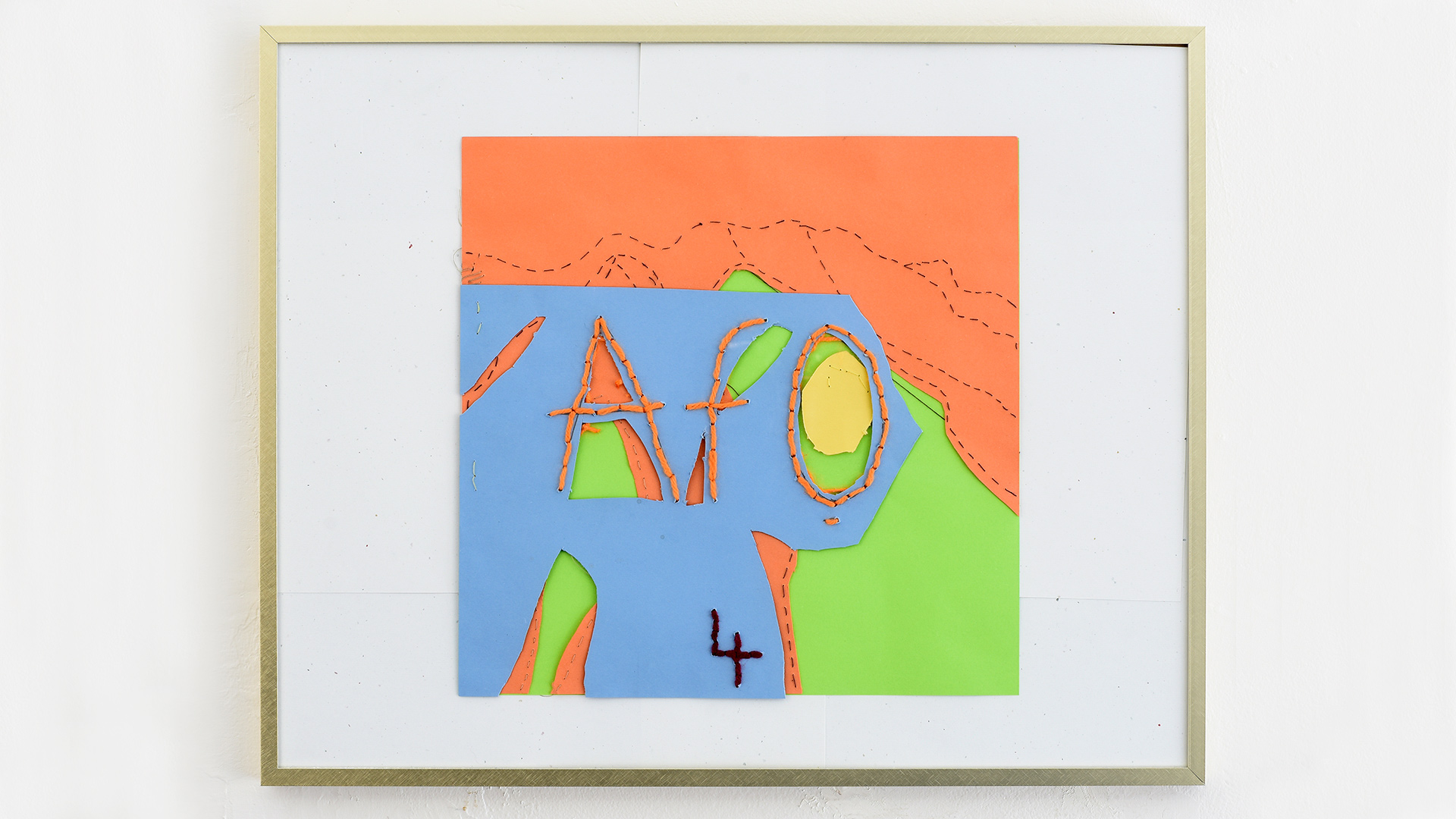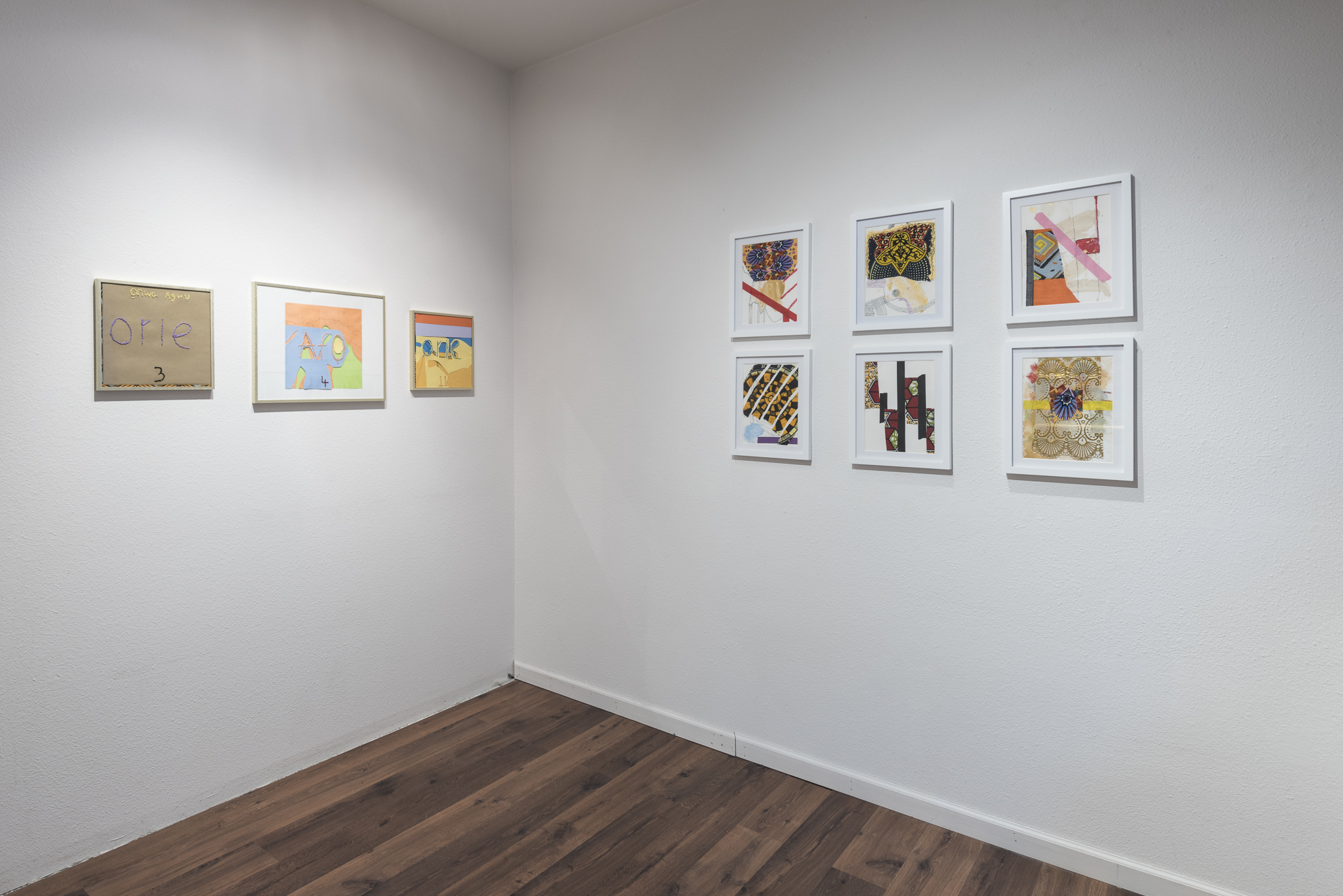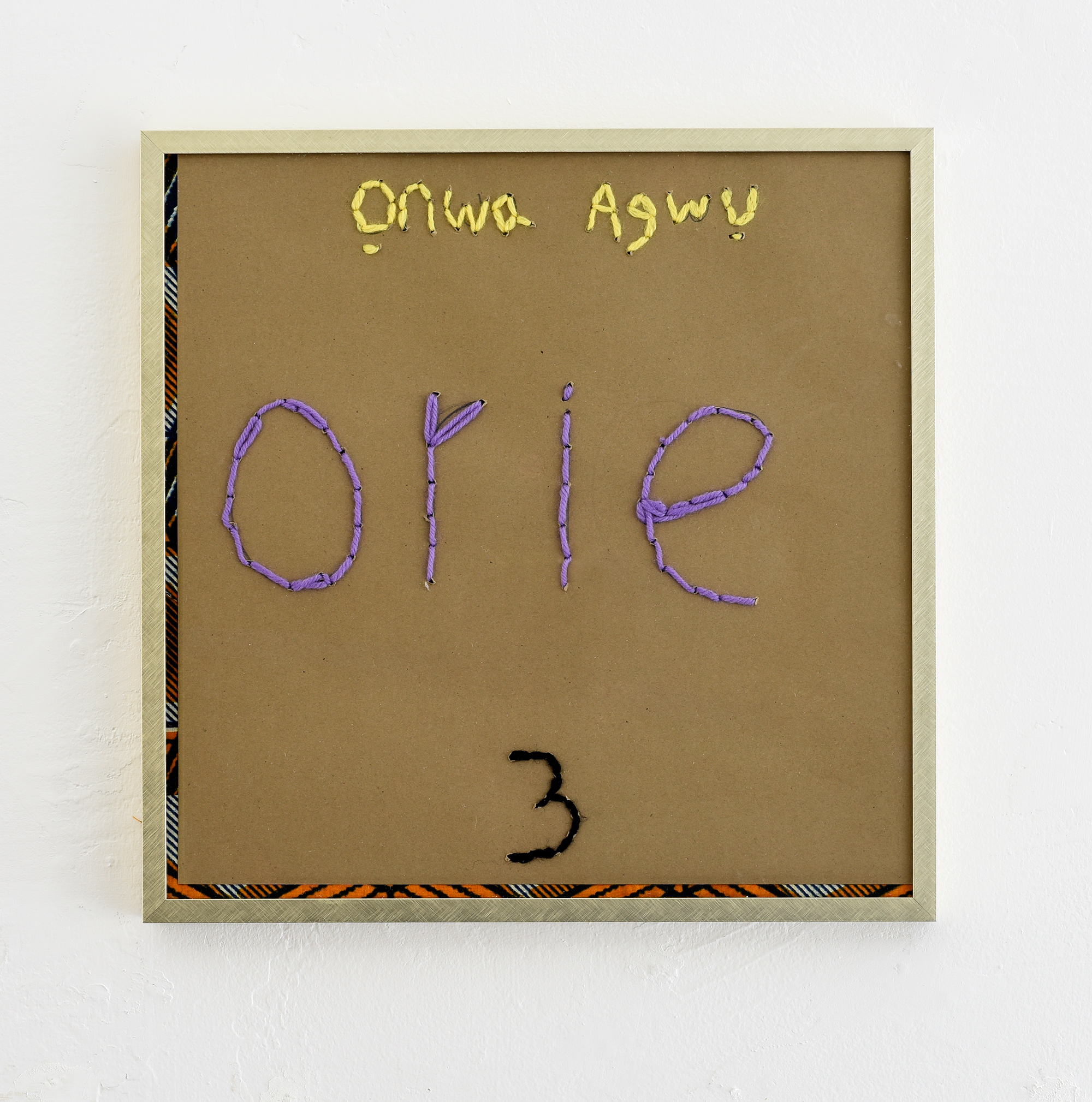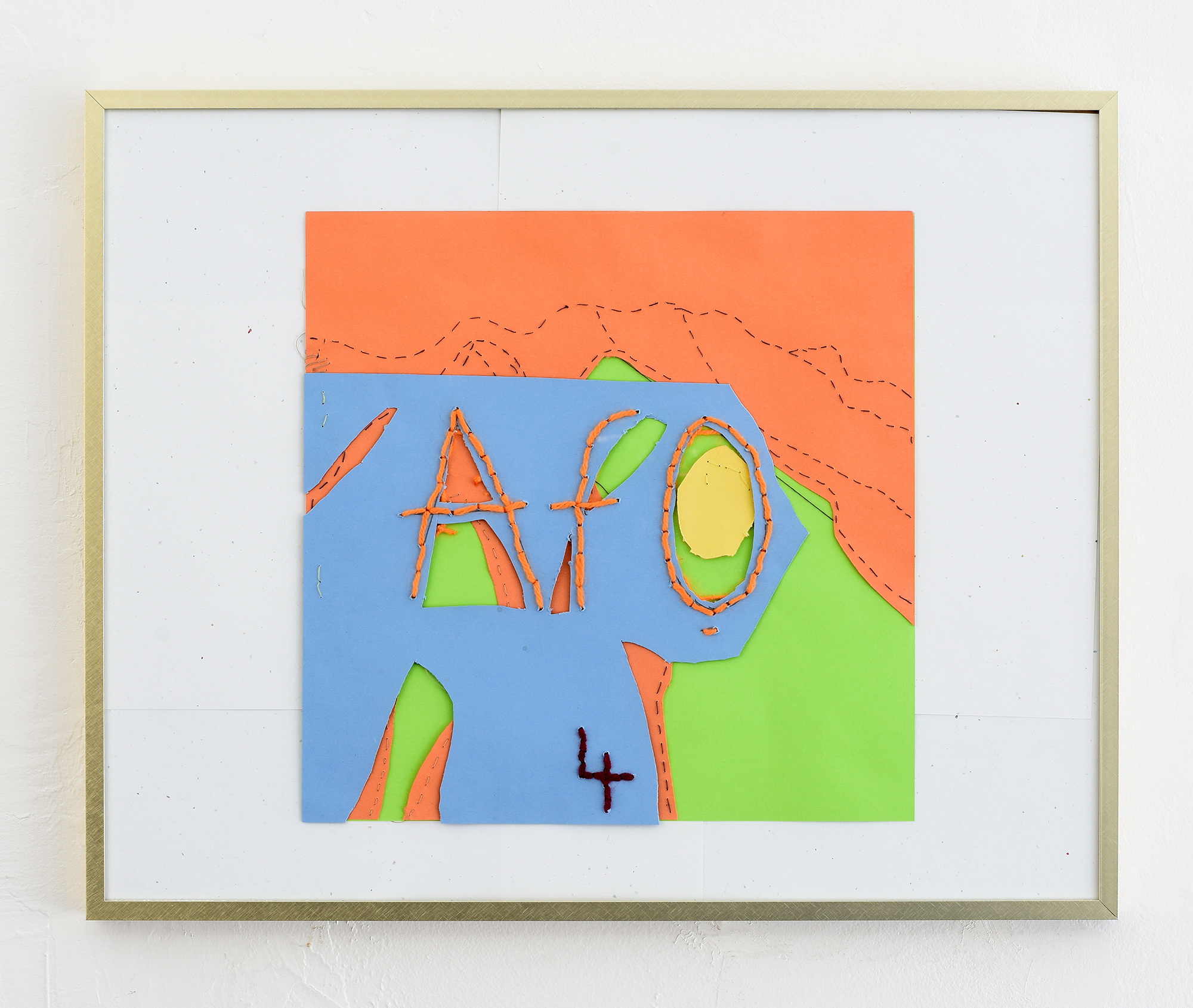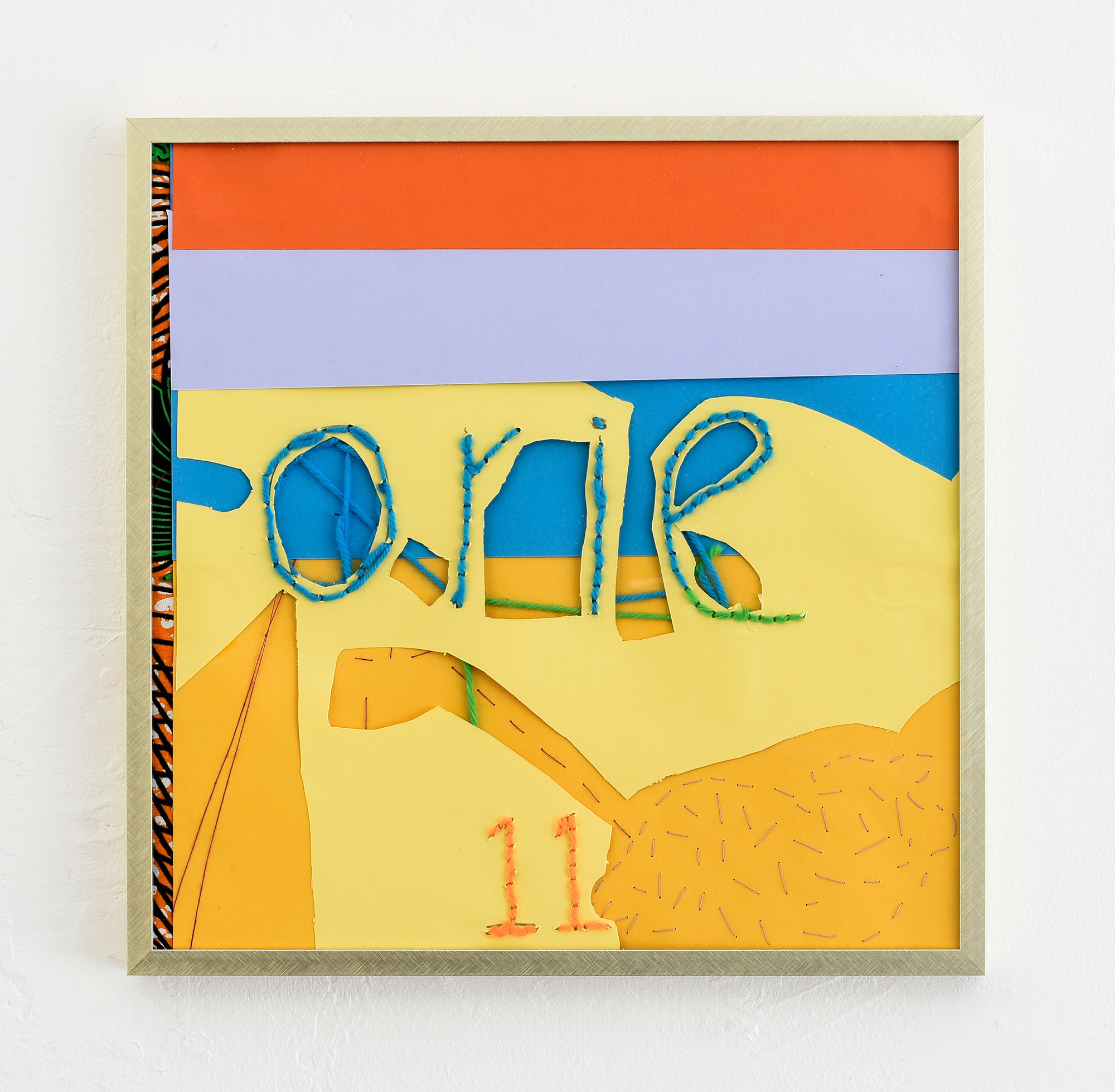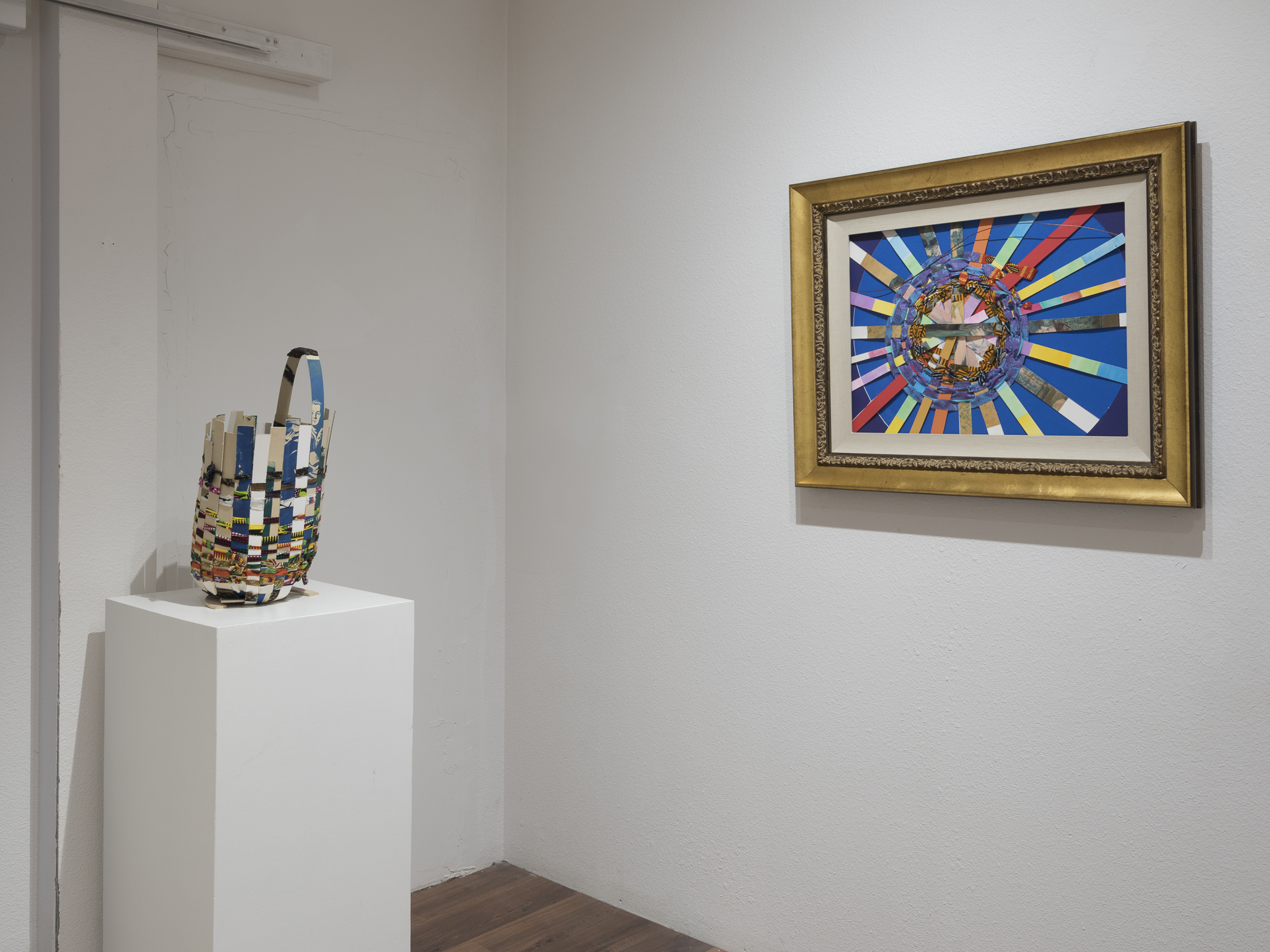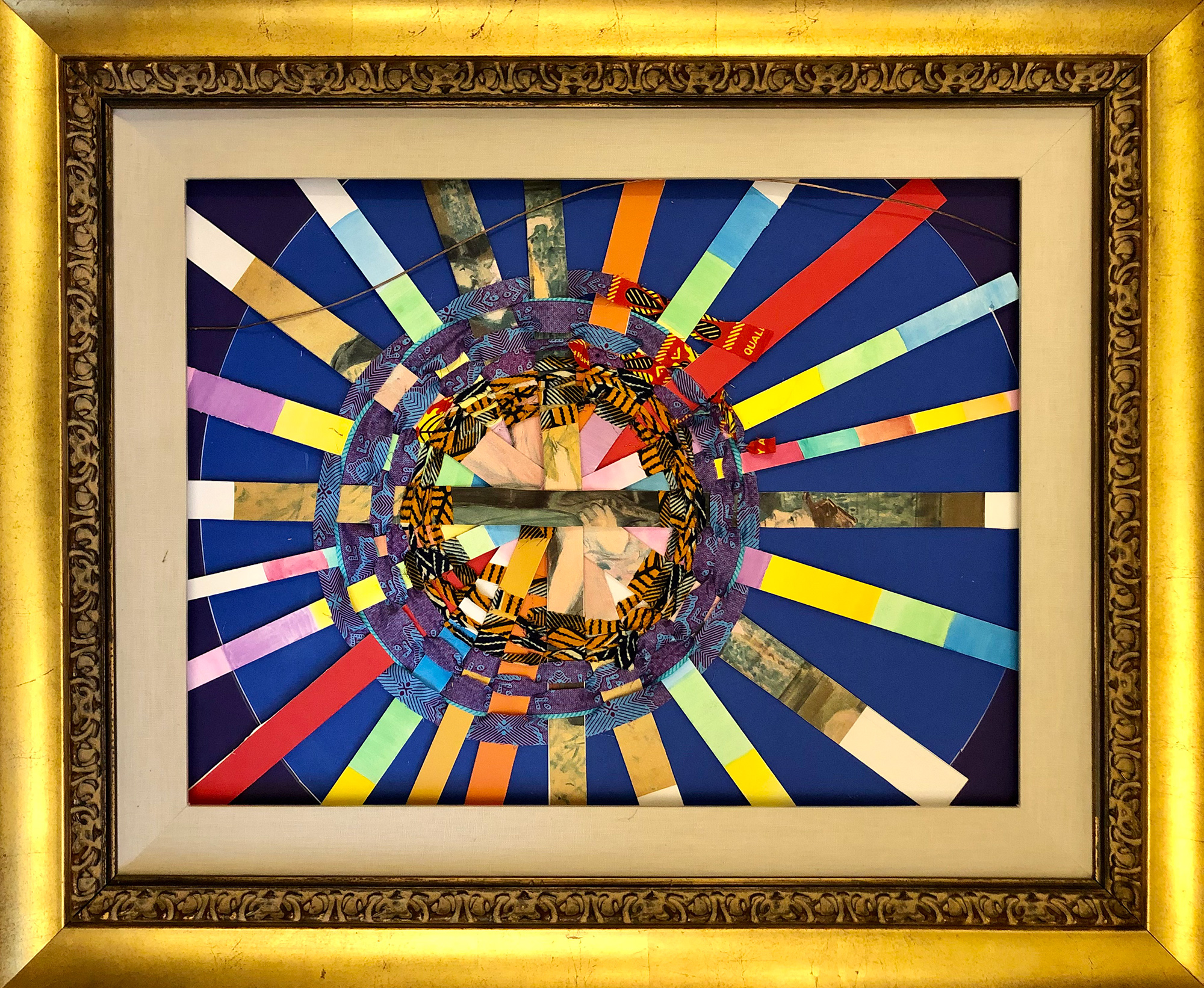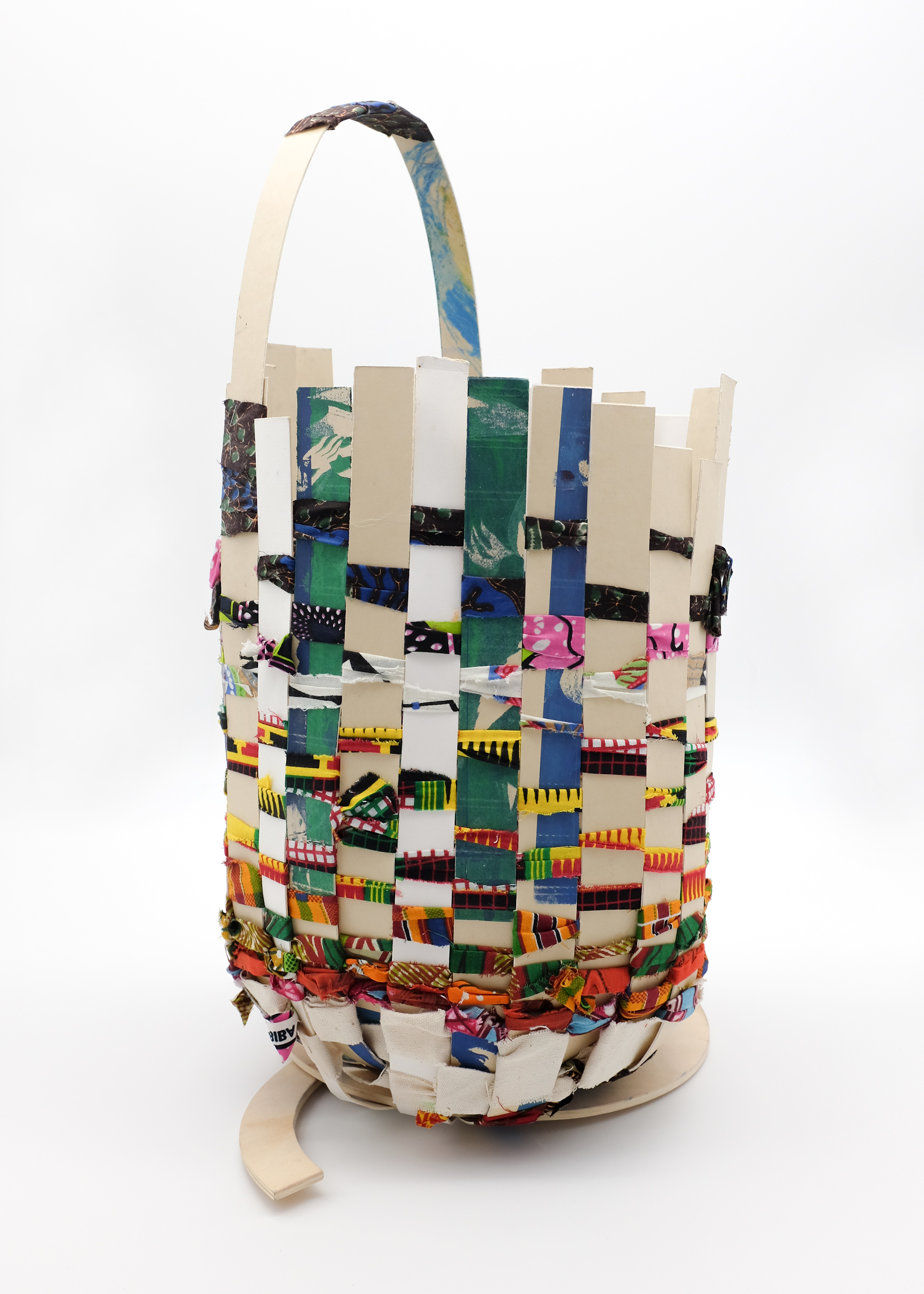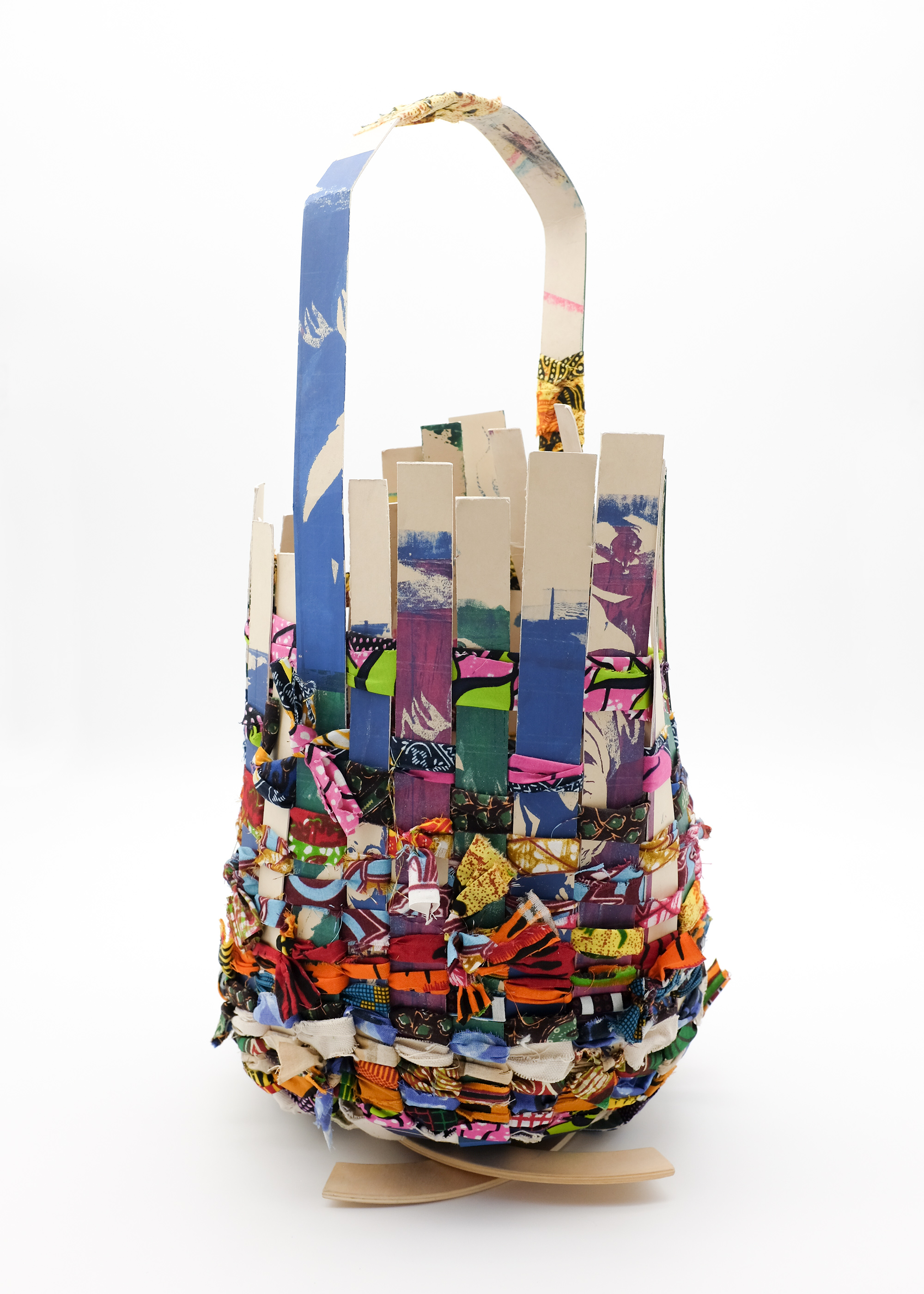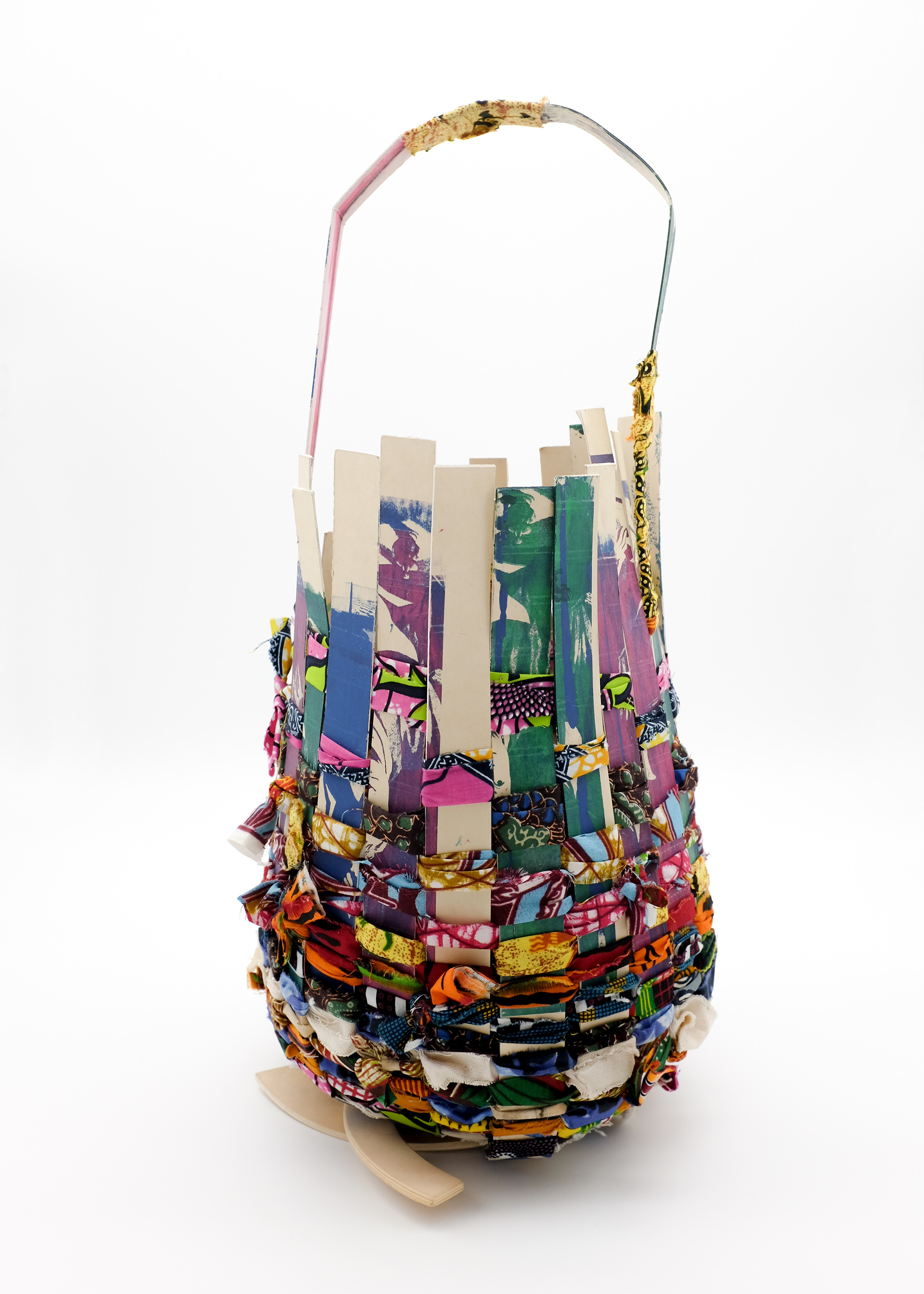More About the Artist
Ugo Onyewuchi is a Nigerian-born Igbo sculptor and designer who lives in New York City. He received his Bachelors of Science degree in Adolescent Education (concentration in English Literature), with minors in Philosophy and Theology from St. John’s University. His work has been exhibited internationally and he has led workshops on the interdisciplinary nature of traditional Igbo art practices at Yale Center for British Art. He founded Nze-Ugo Education Foundation in 2017 in response to the challenges facing rural communities in south-eastern Nigeria.
Onyewuchi received the 2020 Beacon of Light and Knowledge National Merit Award from the Church of Nigeria for the foundation’s work in establishing health, art, and S.T.E.A.M programs in underprivileged schools in Imo State, Nigeria. A Moser-Burton Fellow and doctoral candidate in the Art and Art Education program at Teachers College, Columbia University, his research focuses on traditional African craft, project-based learning, ways of thinking, and craft-based methods of inquiry. A three-time recipient of the Myers Art Prize, his work has been archived in the permanent art collection of Teachers College, and the Yale Center for British Art Education program. He is represented by Superposition Gallery in Los Angeles, CA, and Harvey Preston Gallery in Aspen, CO.
